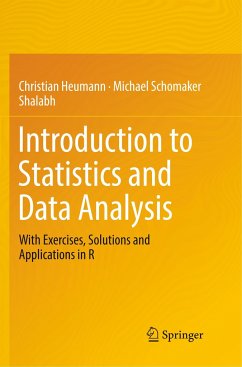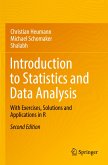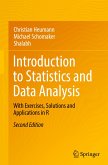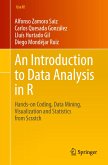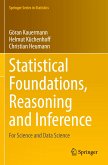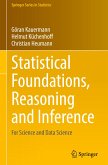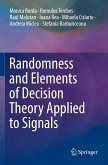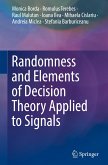This introductory statistics textbook conveys the essential concepts and tools needed to develop and nurture statistical thinking. It presents descriptive, inductive and explorative statistical methods and guides the reader through the process of quantitative data analysis. In the experimental sciences and interdisciplinary research, data analysis has become an integral part of any scientific study. Issues such as judging the credibility of data, analyzing the data, evaluating the reliability of the obtained results and finally drawing the correct and appropriate conclusions from the results are vital.
The text is primarily intended for undergraduate students in disciplines like business administration, the social sciences, medicine, politics, macroeconomics, etc. It features a wealth of examples, exercises and solutions with computer code in the statistical programming language R as well as supplementary material that will enable the reader to quickly adapt all methods to their own applications.
The text is primarily intended for undergraduate students in disciplines like business administration, the social sciences, medicine, politics, macroeconomics, etc. It features a wealth of examples, exercises and solutions with computer code in the statistical programming language R as well as supplementary material that will enable the reader to quickly adapt all methods to their own applications.

